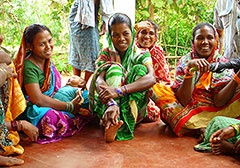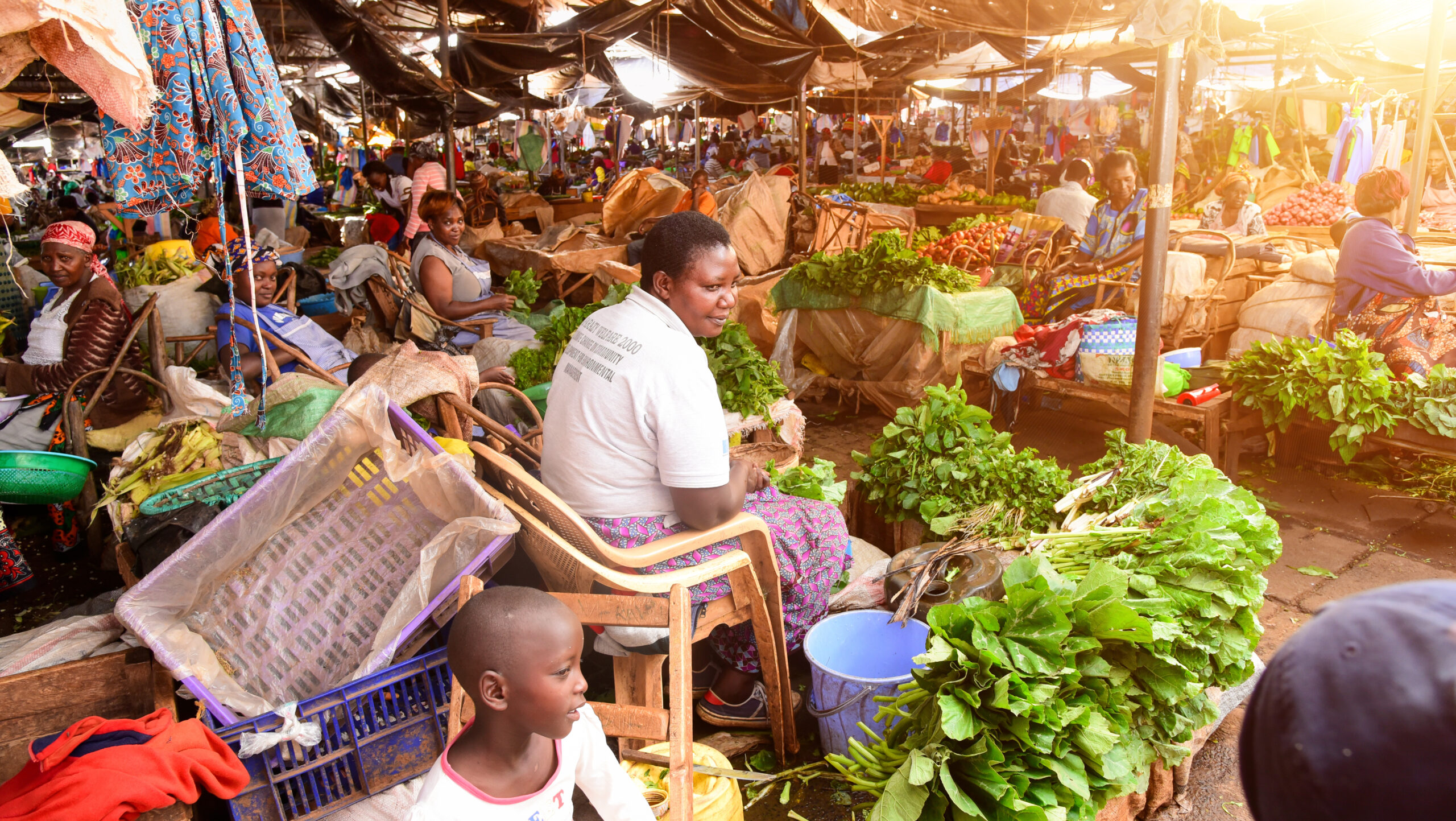In West Bengal, nearly 40 percent of children under the age of five are underweight, despite the country’s strong economic gains in recent years. This paradox indicates that food insecurity continues to pose major challenges for India’s state and national governments.
One key to solving the food security puzzle lies in land ownership and titling. Land ownership provides incentives to farmers to invest in agricultural practices and technologies that can increase productivity over the long term. What’s more, land titling among women has been shown to promote greater decisionmaking power among these women within their respective households. In their recent discussion paper, Can Government-Allocated Land Contribute to Food Security? Intrahousehold Analysis of West Bengal’s Microplot Allocation Program, former IFPRI research fellow Amber Peterman and colleagues examined a land allocation and registration program in West Bengal and explored the impacts of the program on food security throughout the state.
As a means of taking on the existing food security challenge, state governments have invested in programs such as Nijo Griha, Nijo Bhumi (NGNB), which parcels out small tracts of homestead land, purchased and titled by the government, to landless families. A hallmark of this program is that land titles (pattas) are to be issued in the woman’s name or jointly for both the man or woman heads of household.
IFPRI teamed up with Landesa, a nongovernmental organization that works on land issues that affect the poor, to evaluate the NGNB program and the effect it has had on food security among its participants. According to the authors, “Strengthening women’s rights to land can improve their ability to exercise control over those plots, can enhance women’s tenure security, and can strengthen their position within their households, give them the power to influence how resources are allocated, what is produced, and who consumes what.”
Collecting both qualitative and quantitative data through a series of household interviews and surveys between 2010 and 2012, the researchers zeroed in on four intermediate food security outcomes: perceptions of tenure security, use of credit for agricultural production, investments in agricultural production, and women’s participation in decisionmaking.
While the researchers did not uncover any substantial impacts of the program on current food security indicators, NGNB did indeed have a measurable impact on food security in the intermediate term. They also noted that, as the size of the plot of land grew, so did the following observed/perceived benefits. When NGNB-participating households were compared to non-participating households:
- Participants felt more secure in their land tenure, encouraging productive investments in agriculture, such as the purchase of fertilizers, pesticides, seeds, and rental of machines and tools;
- Because they felt more secure in their land ownership, these households were more willing to take out loans and access credit as a means of covering the cost of these investments;
- Women on NGNB plots felt they had more control over the land and felt less likely to lose their land;
- Women were more likely to have a voice in household decisions regarding food and agriculture; and
- Women’s names on the land titles correlated with perceptions of improved tenure security and decisionmaking power within the household.
Related Materials
- Can government-allocated land contribute to food security? (IFPRI Discussion Paper)
- Publication list (IFPRI eBrary collection)







